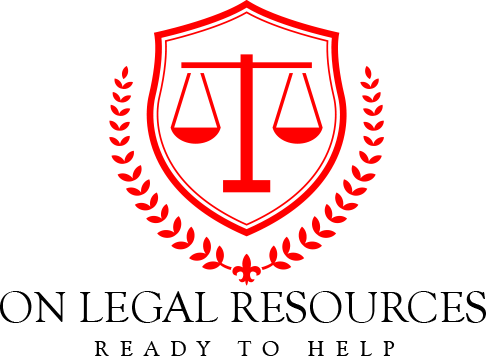Three Situations When You Need Probate Litigation
April 9, 2019Handling the passing of a family member involves many difficult processes, one of includes the distribution of their assets. The probate process involves the determination of who receives a deceased person’s assets. When a person passes away, all of the assets in that person’s name or estate now are passed on to someone else.

However, there are instances when there is a dispute or when a party believes there was wrongdoing at some point during the probate process, which leads to probate litigation. There are several different types of probate litigation, and the process varies from state-to-state. For example, those seeking probate litigation beaverton or may abide to a different process than those in California or New York.
Below are three common examples of probate litigation.
Will Contest
A will contest, or will challenge, is a formal objection to the validity of a will. Typically, an interested party would dispute or contest the validity of a will as a result of factors such as undue influence, forgery, or fraud. There must be a legal basis and theory, such as one of the previously mentioned factors, in order to dismiss a will.
Administrator Appointments
In some cases, there is no will completed by a deceased person. In these instances, the probate process will include selecting a person to serve as the estate’s Administrator. The appointment of an Administrator requires the family to agree on the said appointment. If there is a dispute over the Administrator appointment, probate litigation is necessary to avoid the wrong person gaining control over the estate.
Spousal Elective Share
If the deceased was married, but did not have a prenuptial agreement or a signed postnuptial agreement that limits the surviving spouse, the surviving spouse legally has a right to claim a portion of the estate. This right is formally known as the Elective Share or Spousal Elective Share. However, each state has rules limiting the time period a surviving spouse is able to elect. Through probate litigation, the surviving spouse can make sure the claim is timely and provided in the correct format.
Although death is a sensitive and difficult time for all parties involved, probate litigation can help to alleviate wrongdoing or unfair distribution of the deceased’s estate.
